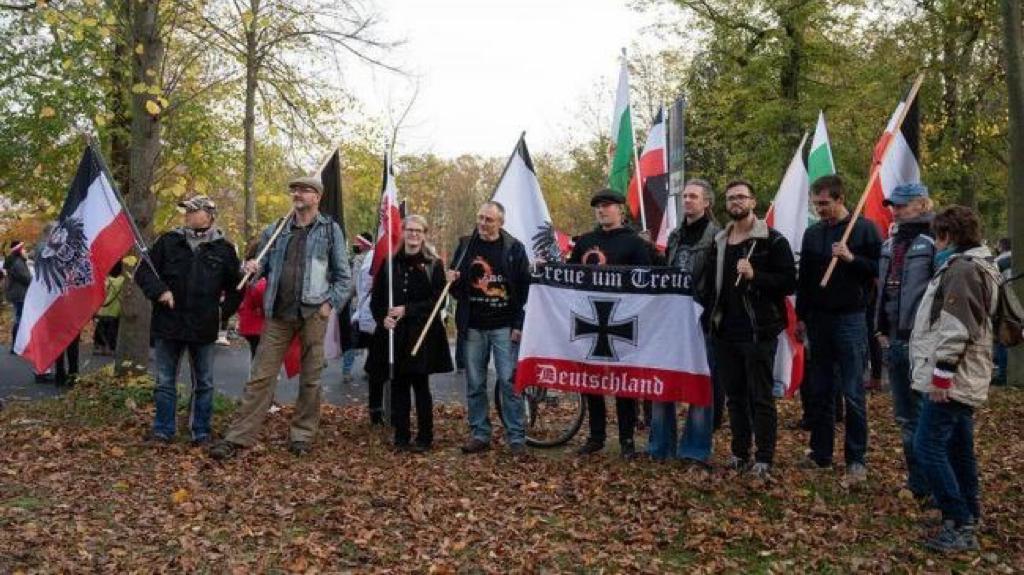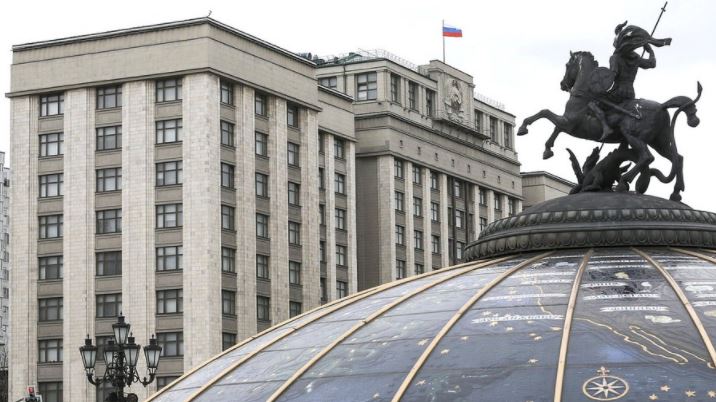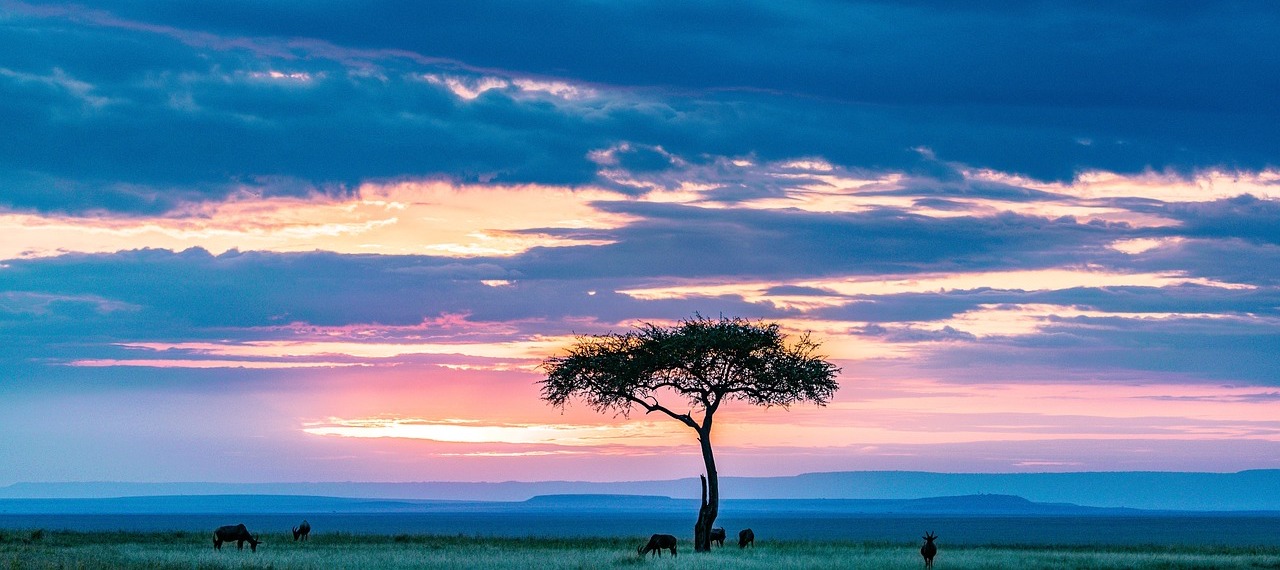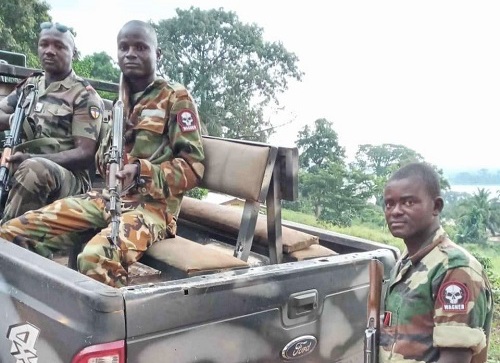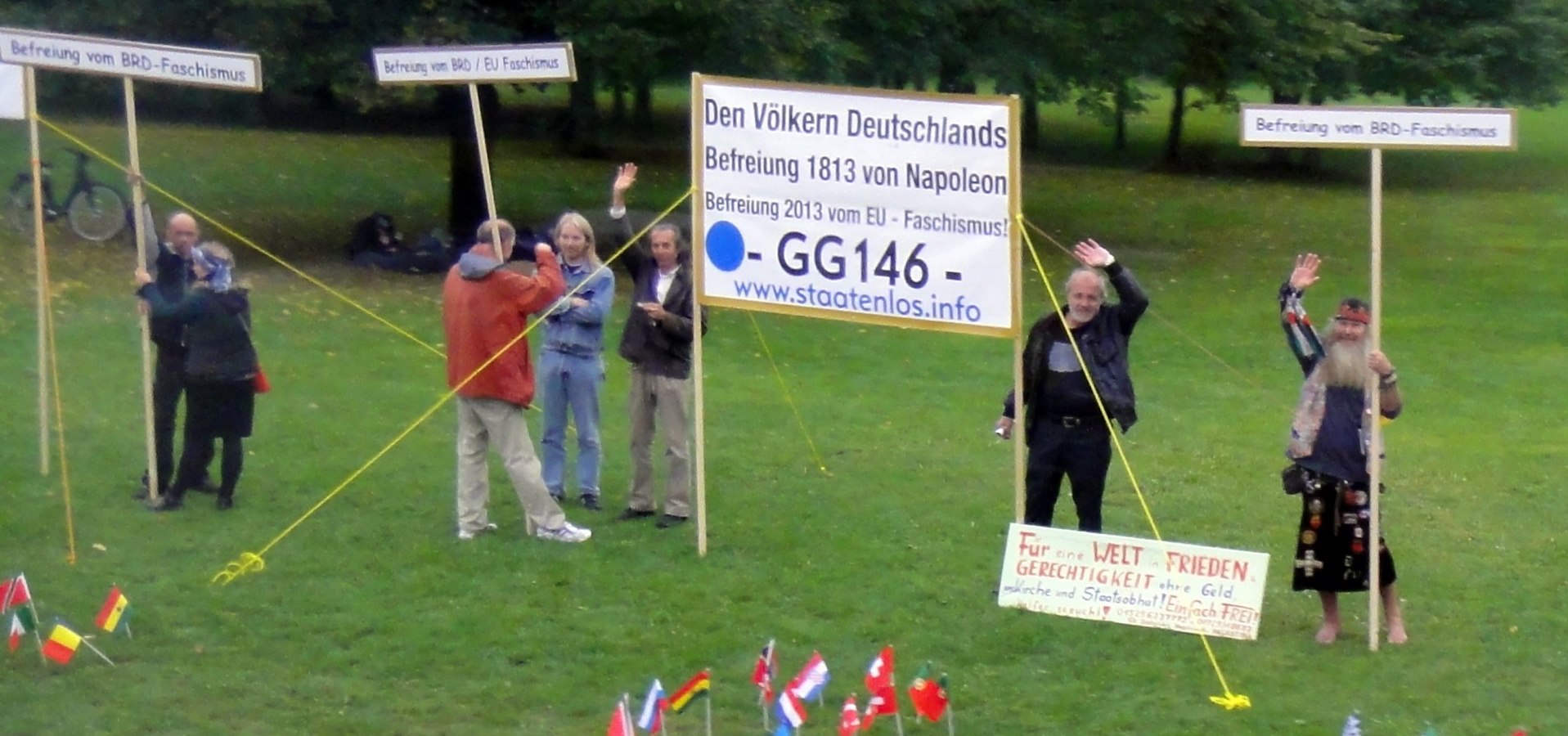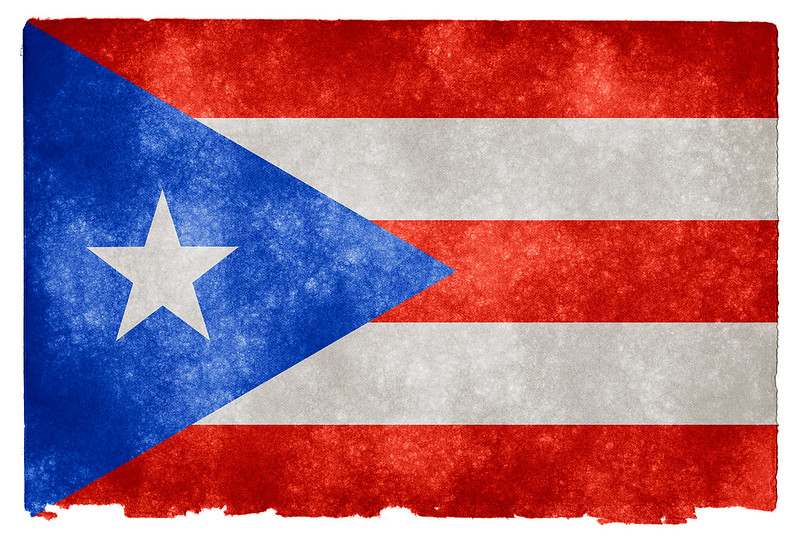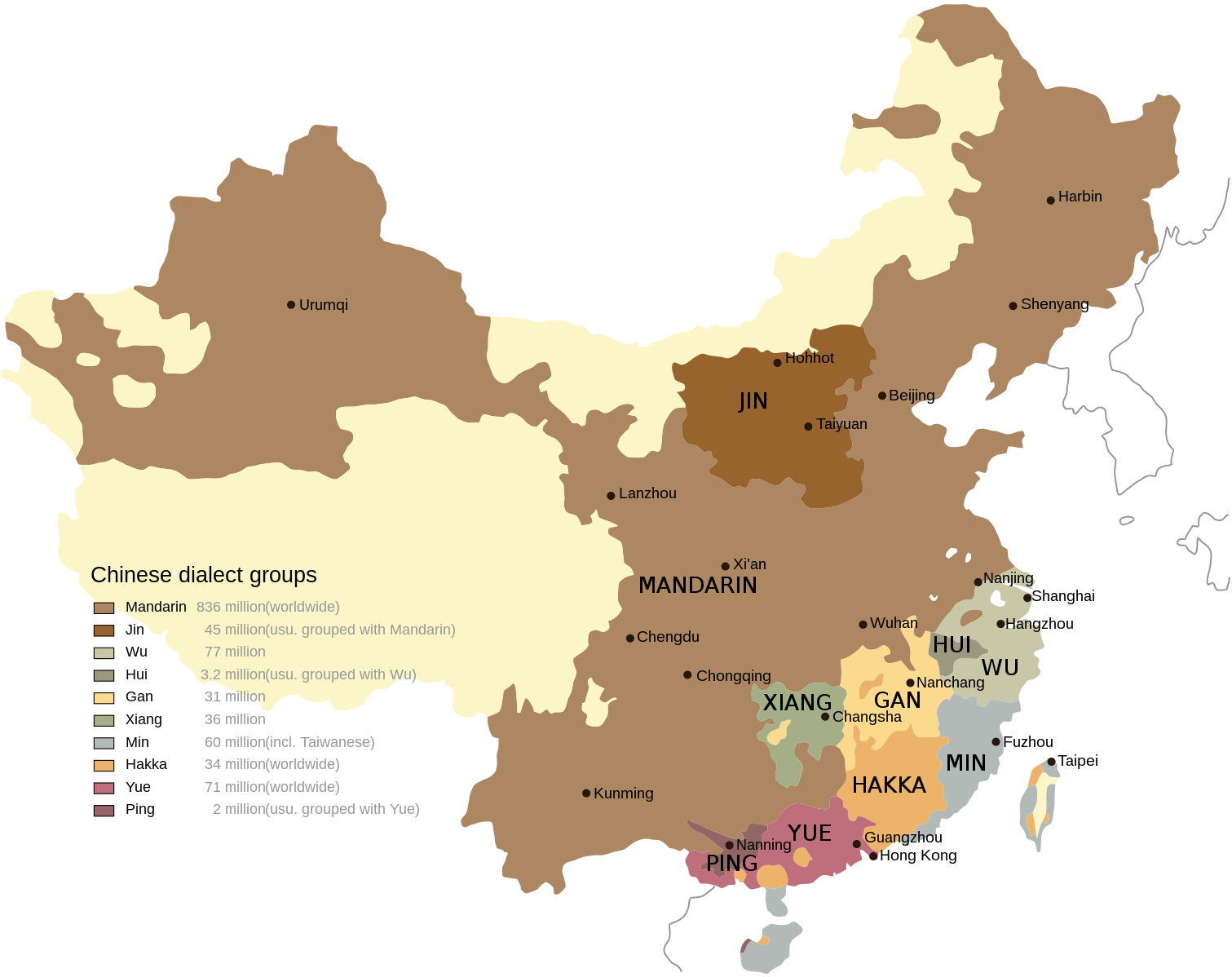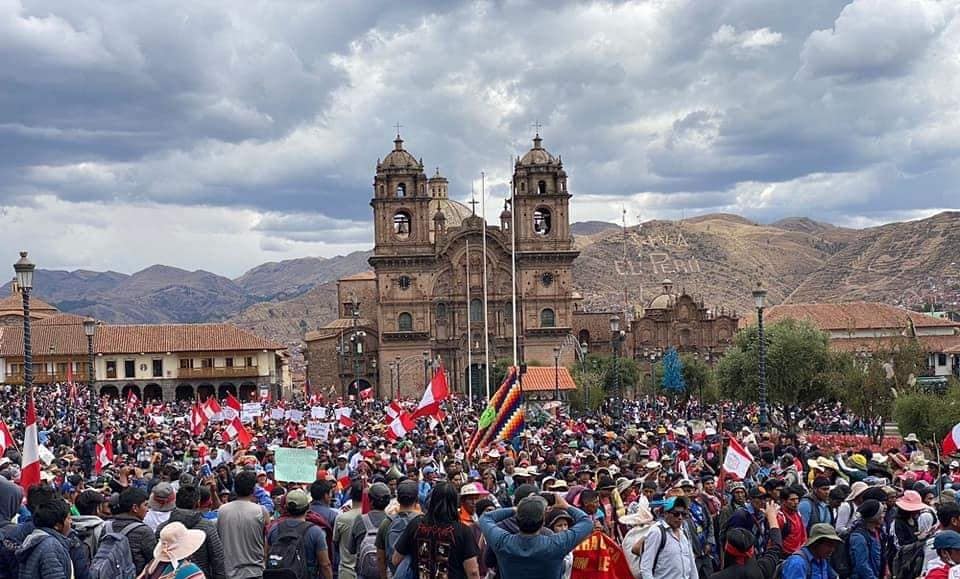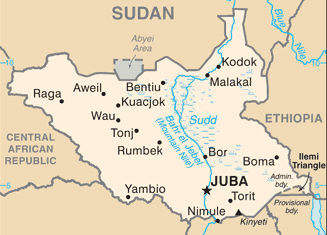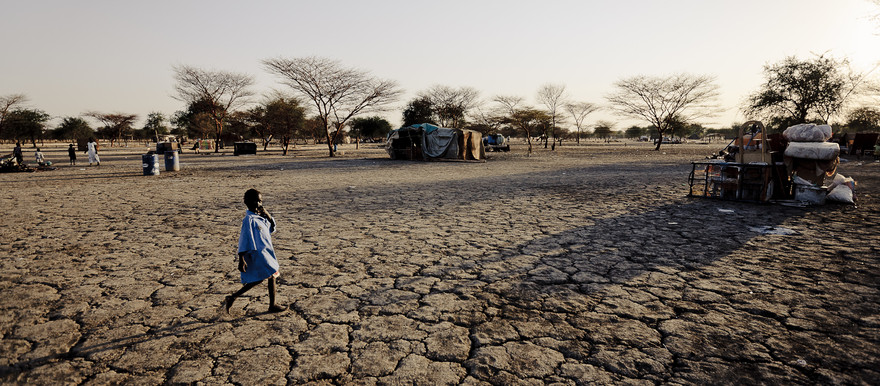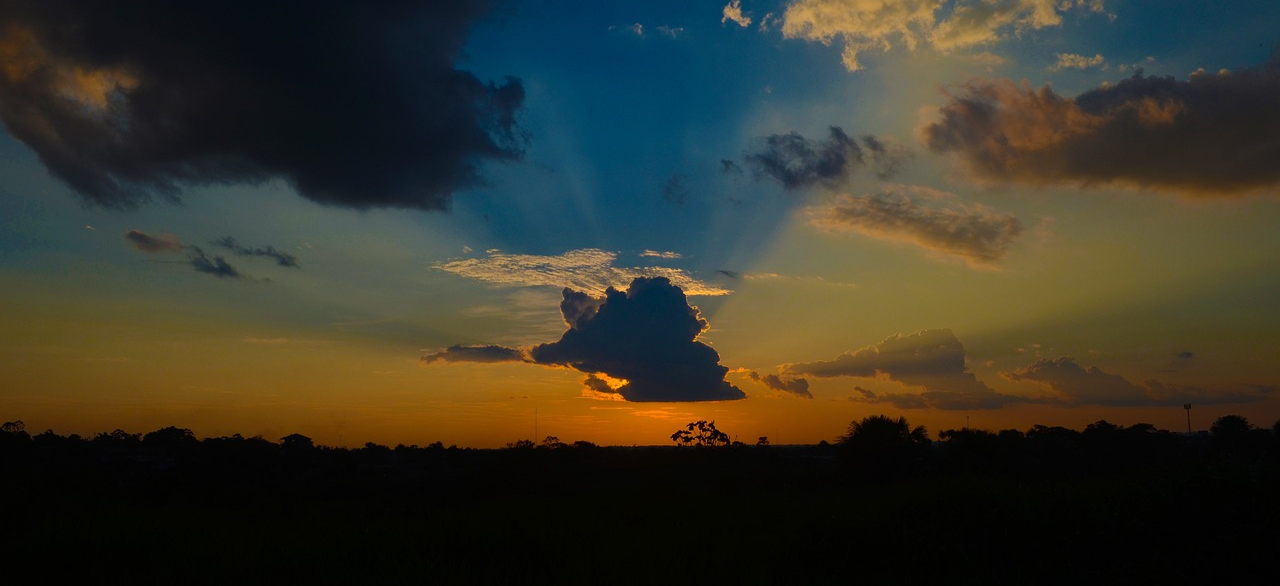
‘Law of Genocide’ introduced in Peru
In the midst of the political crisis gripping Peru, reactionary elements in the country’s Congress have launched an initiative to repeal the 2006 law establishing reserves to protect isolated indigenous peoples in the Amazon rainforest. AIDESEP, Peru’s trans-Amazonian indigenous alliance, is calling Law Project 3518/2022 the “Law of PIACI Genocide”—a reference to the Spanish acronym for Indigenous Peoples in Isolation or Initial Contact. The AIDESEP statement also charges that the congressional Commission on Decentralization & Regionalization submitted the bill without first seeking clearance from the Commission on Andean & Amazonian Peoples, which holds authority in the matter. AIDESEP believes that the PIACI population in Peru is roughly 7,500 people—5,200 in isolation and 2,300 in a process of initial contact, mostly in the regions of Loreto and Madre de Dios. But a new alliance in support of oil, timber and other extractive industries, the Coordinator for the Development of Loreto, asserts that their existence is “not proven.” (Photo of Loreto rainforest via Pixabay)



